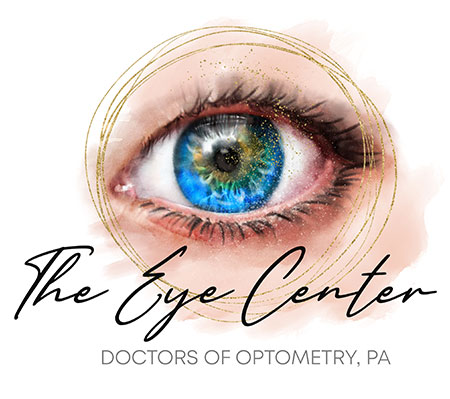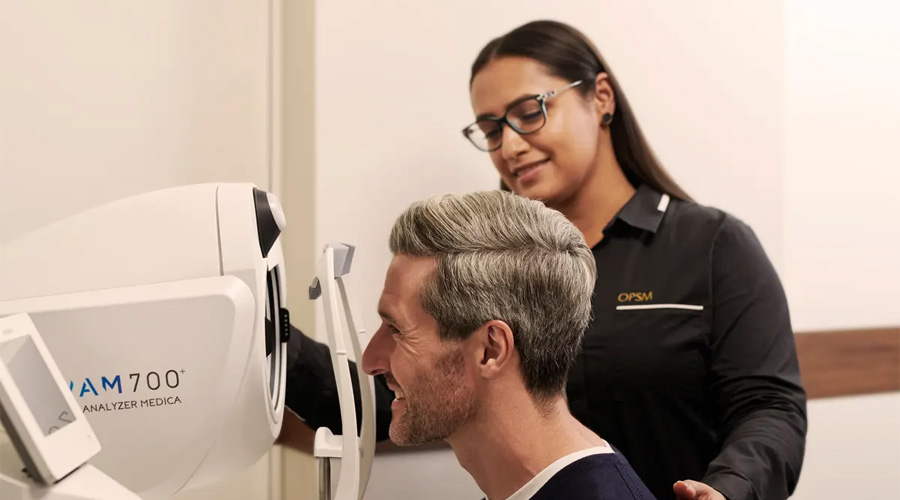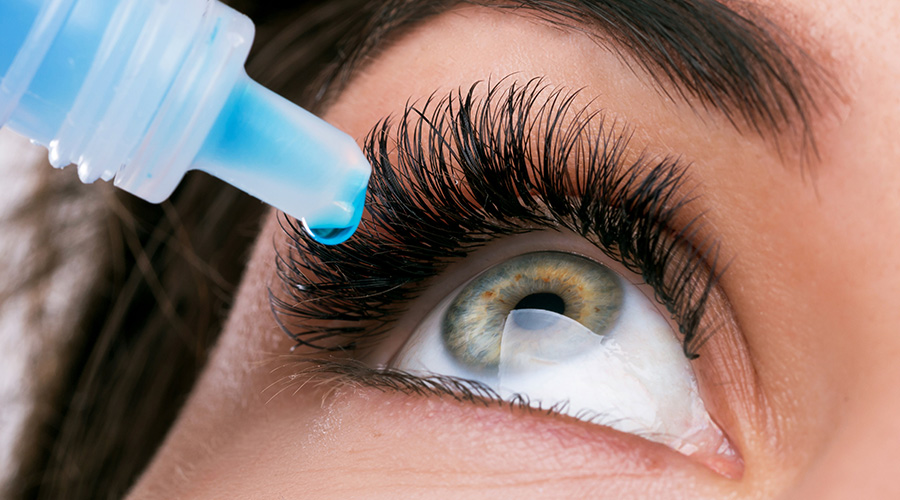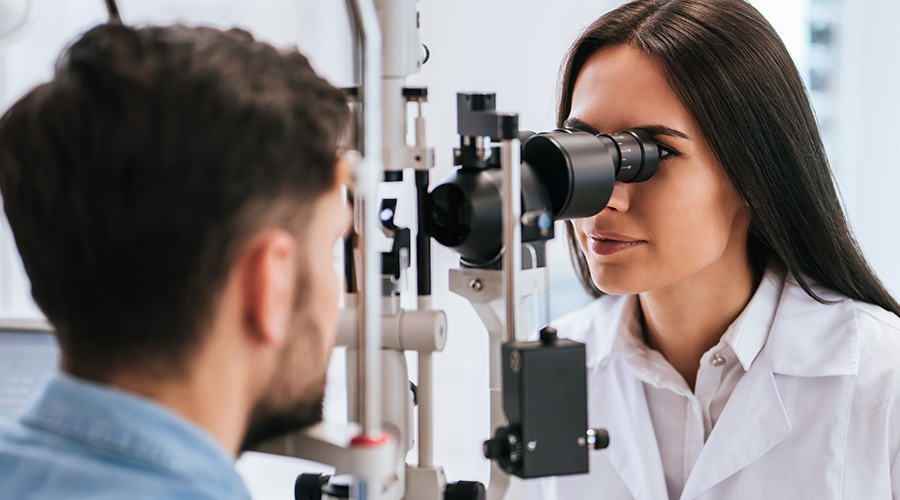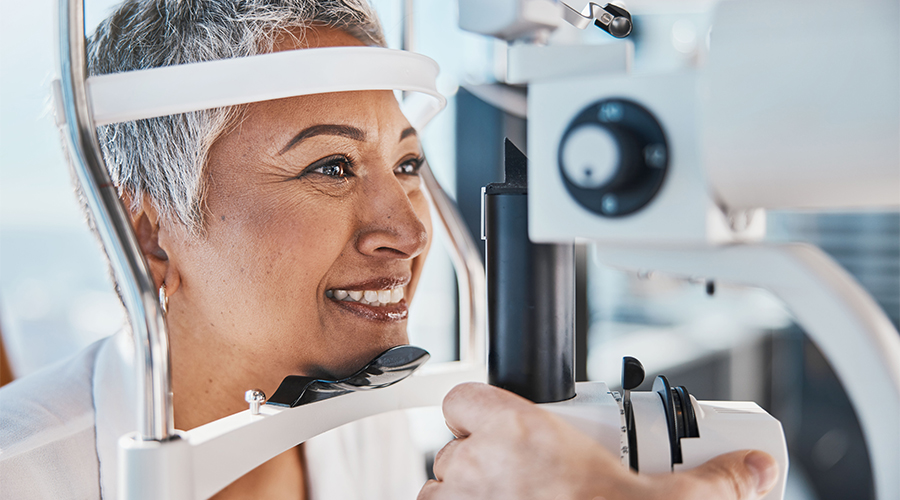Comprehensive Eye Care Services in Wilmington
At The Eye Center, we're dedicated to providing comprehensive, gentle, and superior eye care in a warm, family-centric atmosphere, focusing on understanding the deeper implications of your eye health. We go beyond addressing visual concerns; our expert team interprets the subtle signs your eyes may reveal about broader health issues, including allergies that manifest as red, swollen, and itchy eyes.
Contact us for detailed care and insights into what your eyes indicate about your overall health. Our clinics are conveniently located in Raleigh, Durham, Fayetteville, Burlington, Cary, & Wilmington, adjacent to LensCrafters, ensuring seamless optical dispensary services.
Our Top-Notch Eye Care Services
Our eye exams are key to detecting underlying health issues early. Discover the myriad of diseases our eye exams can identify — over 170. Explore the accuracy of Clarifye, a precision-driven eye exam revolutionizing how we assess your vision.
